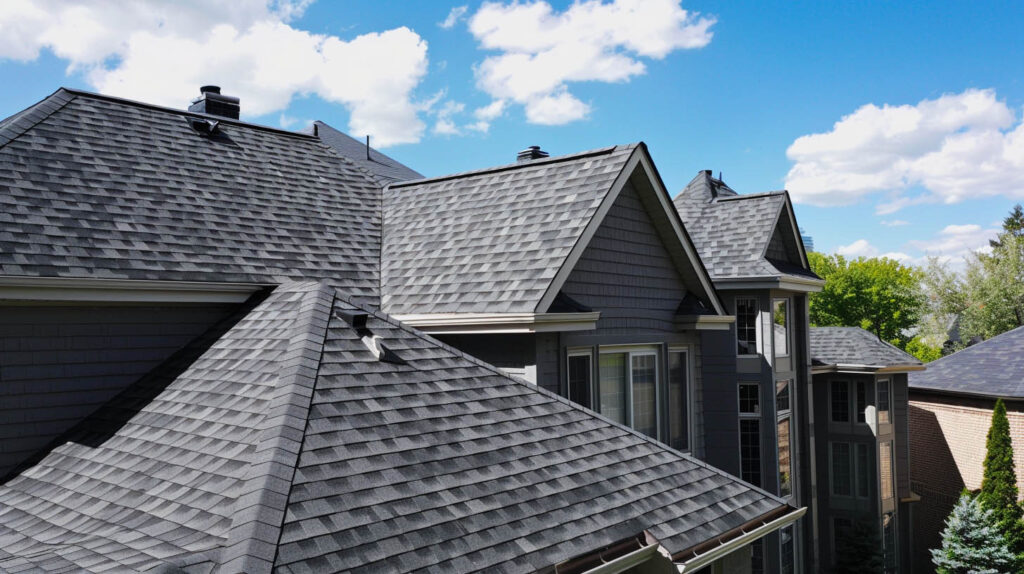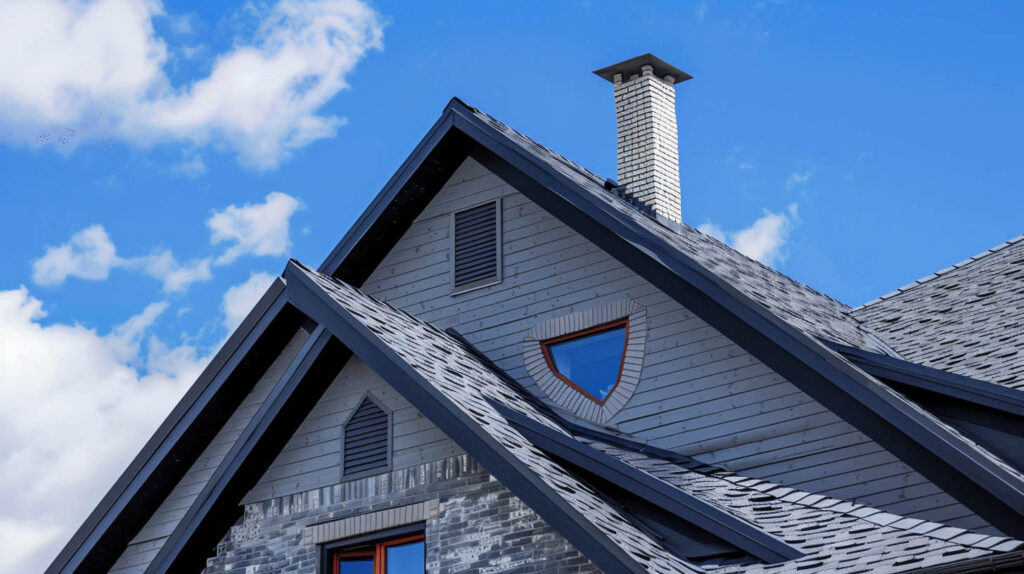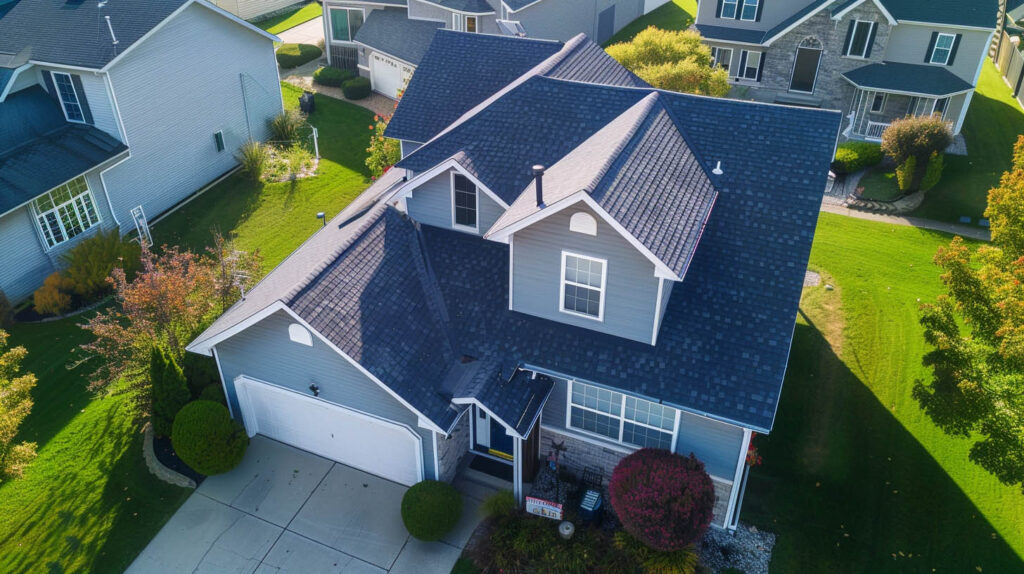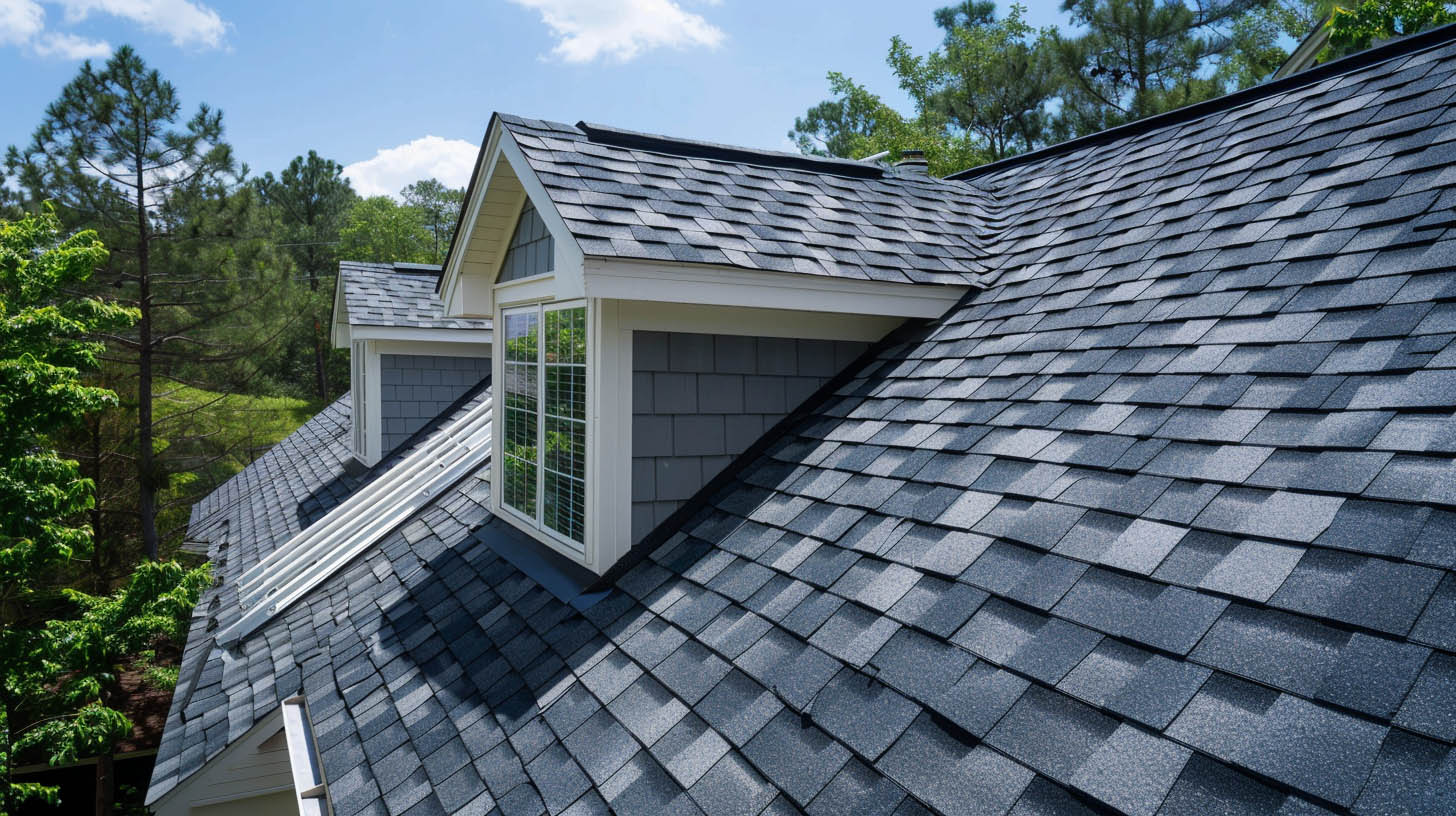Is There a “Quietest” Roofing Material?
When considering a new roof, durability and energy efficiency often come first to mind, but have you thought about the noise level of your chosen roofing material? Issues such as the sound of rain on metal panels or high winds disturbing shingles can disrupt your peace at home. At Specialist Roofing & Repair, we specialize in helping Orange County, CA homeowners find roofing materials that balance both functionality and quietness. This blog discusses popular options and key factors in ensuring a calmer living environment.
What Makes a Roofing Material “Quiet”?
The quietest roofing materials excel at reducing sound transmission from external sources, including heavy rain and strong winds. Material density, surface texture, and thickness combine to influence this noise level suppression.
For homeowners, weightier and denser options—like slate tiles—often yield superior sound dampening compared to lightweight choices. Understanding these specific characteristics can simplify decision-making when selecting the roofing material best suited for a quieter indoor experience. Your home’s overall comfort is enhanced by making the right choice.
Understanding Noise Transmission Through Roofs
Understanding how noise travels through roofs is crucial for homeowners aiming for peace and quiet. Sound waves can penetrate various roofing materials, with factors like the structural composition and insulation playing significant roles. For instance, a solid roof decking using plywood or strand board may dampen vibrations better than thinner options. Additionally, heavy rain or strong winds can amplify sound levels, making the choice of roofing material critical for achieving an effective noise barrier. Insulating layers often enhance overall quietness.
The Role of Roof Structure and Installation
The structural integrity of a roofing system significantly influences its ability to dampen noise. A solid roof deck, composed of materials like plywood or engineered strand board, can effectively absorb vibrations caused by wind or heavy rain, thereby reducing sound transmission. Proper installation plays a crucial role as well; poorly installed metal roofing or asphalt shingles can exacerbate unwanted noise. Ensuring that roofing materials are installed according to best practices establishes sound barriers, enhancing overall energy efficiency and homeowner comfort.

Comparing Popular Roofing Materials for Sound Dampening
Homeowners searching for quieter roof solutions should know there are stark differences between common roofing materials. Each option offers varying sound-reduction efficiency and suitability for specific climates.
Asphalt shingles rank as popular options due to affordable pricing and moderate sound-dampening properties. Meanwhile, slate roofing provides robust insulation and one of the quietest performance ratings. We also dive into how other heavier options, like concrete tiles, differ from lightweight materials such as metal roofs. Read on for definitive comparisons and insights into these options.
Asphalt Shingles vs. Metal Roofs
Both asphalt shingles and metal roofs offer unique advantages regarding sound dampening. Asphalt shingles, including traditional options like the old shingle roof, typically provide a quieter solution due to their thicker material, which absorbs sound from rain and wind, making them a popular choice among homeowners. Conversely, metal roofs, while durable and energy-efficient, can amplify the sound of rain and strong winds unless properly installed with effective sound barriers. The choice ultimately hinges on factors such as budget, aesthetics, and the desired noise level for your new roof.
Clay, Concrete, and Slate Tiles
Dense, heavier options like clay, concrete, or slate tiles shine as the quietest roofing materials. Their weight and design naturally suppress the sound of rain or wind before it reaches your home’s interior.
Slate roofs, specifically, deliver unmatched tranquility. Installed over solid decking, create sound-impermeable barriers capable of handling even the harshest weather—a feature appreciated by families prioritising long-term comfort.

Enhancing Quietness: Insulation and Underlayment Solutions
Even the quietest roofing materials benefit greatly from additional support, such as insulation and underlayment. These layers enhance the roofing system’s ability to block external noise and reduce vibrations, creating a tranquil environment.
By leveraging sound barriers engineered for optimal performance, you can amplify your roof’s noise-reducing qualities. Whether dealing with heavy rain or winds, advanced insulation solutions ensure a serene indoor atmosphere and complete your roofing transformation effectively.
Advanced Acoustic Underlayments for Maximum Silence
Acoustic underlayments offer an innovative way to shield your home from external noise. These specialised materials enhance vibration absorption and noise blockage by adding an extra layer beneath the roof.
Key advantages include:
- Improved sound insulation tailored for lightweight systems like metal roofs
- Enhanced energy efficiency due to thermal-resistant build layers
- Increased resilience against moisture infiltration and corrosion
- Noticeable improvements in home comfort by reducing pervasive rain noise
Selecting premium acoustic underlayment ensures your roofing achieves maximum silence.
Importance of Professional Installation for Noise Control
Proper installation by experienced professionals is vital for maintaining low noise levels in your home. By carefully layering roofing materials over solid roof decking and insulation, gaps are avoided that would otherwise allow sound in.
Expert contractors also optimize placement for enhanced sound barriers and deliver dependable seals to lower moisture risk alongside noise control. Trusting qualified services like Specialist Roofing & Repair guarantees a seamless setup that keeps unwanted disruptions outside while ensuring durable quality for years to come.

Contact Us
A thoughtful choice of roofing material significantly impacts the noise level experienced within a structure, including the attic space. By considering factors such as insulation, underlayment, and specific roofing types, homeowners can enhance the overall comfort and tranquility of their living spaces. Each material offers varying levels of sound dampening, providing opportunities for informed decisions. Our awards, including Owens Corning Platinum Preferred Contractor, Polyglass Quantum Contractor, and BBB A+ Rated, reflect our commitment to quality. Ultimately, the ideal roofing solution balances durability, energy efficiency, and noise control, ensuring long-term satisfaction for any roofing project.
Frequently Asked Questions
How can Specialist Roofing & Repair help me achieve a quieter roof?
Our team provides expert services, including advanced underlayment and insulation solutions, ensuring effective noise control. With professional installation tailored to minimise sound levels, we help create peaceful homes for Orange County residents. Contact us for a free estimate today!
What is the quietest roofing material type?
Among the quietest roofing materials, slate tiles outperform others due to their exceptional density and weight. Installed over precision-structured solid decks, offer unrivaled longevity and blockage against rain and wind noise, enhancing home tranquility.
Read our blog: What Makes a Roof Contractor Truly “Certified”?



